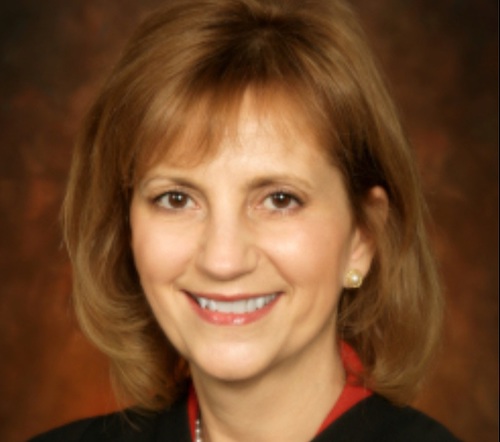[Ahmaud Arbery\Implicit Bias\Racism]
Studies addressing racist attitudes and implicit (unconscious) bias demonstrate that people who view themselves as free of prejudice still harbor unconscious racist stereotypes about African Americans.
Photo:
American Psychoanalytic Association: implicit bias and racism kills Black people like Ahmaud Arbery.
The American Psychoanalytic Association (APsaA) decries the murder of Ahmaud Arbery, an African American man killed on February 23rd while jogging in a suburban neighborhood of Brunswick, Georgia.
Video footage of the event released to the public earlier last week led to outrage, protests, and demands for the arrests of the two white men seen pursuing and killing Mr. Arbery. (Neither were arrested until May 7th, more than two months after the murder and the day Arbery would have turned 26).
“Our nation’s long, tragic history of racial violence has never been adequately addressed and therefore it persists today,” said William Glover, President of APsaA. “Our collective denial of the implicit bias that underlies and authorizes these acts of violence perpetuates this deadly problem. Awareness that racist beliefs and actions operate both consciously and unconsciously is necessary if we hope to reconcile the deep racial divides in our nation,” said Glover.
Studies addressing racist attitudes and implicit (unconscious) bias demonstrate that people who view themselves as free of prejudice still harbor unconscious racist stereotypes about African-Americans. Unconscious attitudes support the long-standing belief by many that Black men are dangerous. These beliefs served as the basis for claiming that this Black man jogging in a quiet white neighborhood must be there to burglarize homes. It was later determined that in fact no crime was underway and that Mr. Arbery was an unarmed, law-abiding citizen out for a run. This appalling, painful example illustrates the way that racist attitudes can shape and guide behavior and lead to violence and murder.
Every day the news reports dangerous, implicitly racist attitudes, for example, the recently reported disparities in policing social-distancing and mask-wearing among African-Americans in New York City, and glaringly, the callous disregard of the disproportionate number of coronavirus deaths in communities of color. Racial bias, conscious and unconscious, motivates each action.
As Shirley Chisholm, the first African-American woman elected to Congress and the first to seek a major party nomination for president, once said: “Racism is so universal in this country, so widespread and deep-seated, that it is invisible because it is so normal.”
“Psychoanalysts aim to broaden and deepen our understanding of the entirety of human nature,” said Glover. “When we excuse benign-seeming forms of prejudice or overlook acts of discrimination, we deny the permission they grant to overt racial hatred and acts of violence. Understanding that the pervasiveness of unconscious racism affects us all moves us closer to meaningful change.”
About the American Psychoanalytic Association:
APsaA is the oldest and largest professional organization for psychoanalysts in North America, representing 3,000 members, 33 approved training institutes, and 39 affiliate societies throughout the United States.






